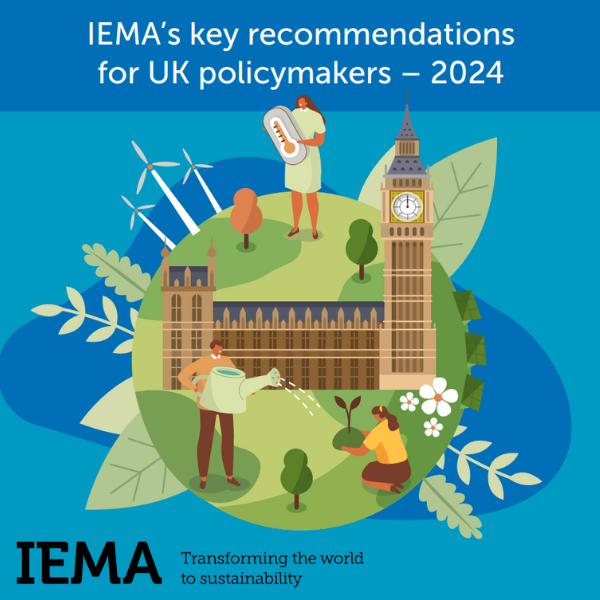Environmental management is critical in supporting the sustainability of business, people and planet. It enables organisations to identify, manage and mitigate risk, whilst taking the opportunity to deliver for stakeholders and sustainability.
Elements such as complying with environmental regulations and obligations, managing resources better and improving performance are just a few of the essential components in IEMA’s guiding principle of transforming the world to sustainability.
The Environmental Management Network is led by a Steering Group that draws together professionals across diverse sectors and disciplines. Their role is to oversee the delivery of an annual work programme of activities, including webinars, workshops, reports and support between members.
Join the environmental management network
Opting to become a member of the network means you'll receive updates about developments in this sphere and the work of the steering group, invitations to apply to join the steering group or get involved in other ways, requests to participate in consultations, and notification of relevant webinars and other IEMA or external events. Use the button below to navigate to the portal and select 'environmental management network' in your subscription preferences.


















